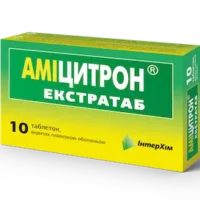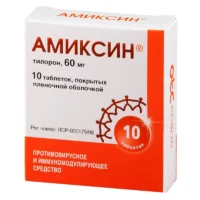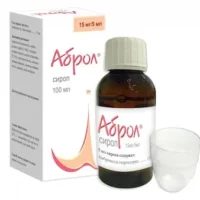Description
Rinza Tablets
Ingredients
- Each tablet contains:
- – Paracetamol 500mg
- – Chlorpheniramine maleate 2mg
- – Caffeine 30mg
Dosage
Dosage: Adults and children over 12 years: Take 1 tablet every 4-6 hours as needed. Do not exceed 4 tablets in 24 hours.
Indications
Indications: Rinza tablets are indicated for the relief of symptoms associated with colds and flu, including headache, fever, nasal congestion, and sneezing.
Contraindications
Contraindications: Do not use Rinza tablets if you are allergic to any of the ingredients, have severe liver or kidney disease, or are taking other products containing paracetamol.
Directions
Directions: Swallow the tablet whole with water. Do not crush or chew. Consult a healthcare professional before use if you have any medical conditions or are taking other medications.
Scientific Evidence
Rinza tablets combine the analgesic and antipyretic properties of paracetamol with the antihistamine effects of chlorpheniramine maleate to provide relief from cold and flu symptoms. Caffeine is added to help improve alertness and reduce drowsiness. Studies have shown that the combination of these ingredients can effectively alleviate symptoms such as headache, fever, and nasal congestion.
Additional Information
Pharmacological Effects: Paracetamol works by inhibiting the production of prostaglandins in the brain that cause pain and fever. Chlorpheniramine maleate blocks the action of histamine, reducing symptoms like sneezing and nasal congestion. Caffeine acts as a central nervous system stimulant, enhancing the effects of the other ingredients.
Clinical Trials: A randomized controlled trial published in the Journal of Clinical Pharmacy and Therapeutics demonstrated the superior efficacy of Rinza tablets compared to a placebo in relieving cold and flu symptoms. The study showed a significant reduction in headache intensity and nasal congestion within the first few hours of administration.





